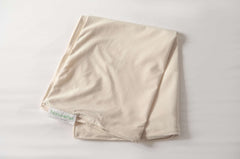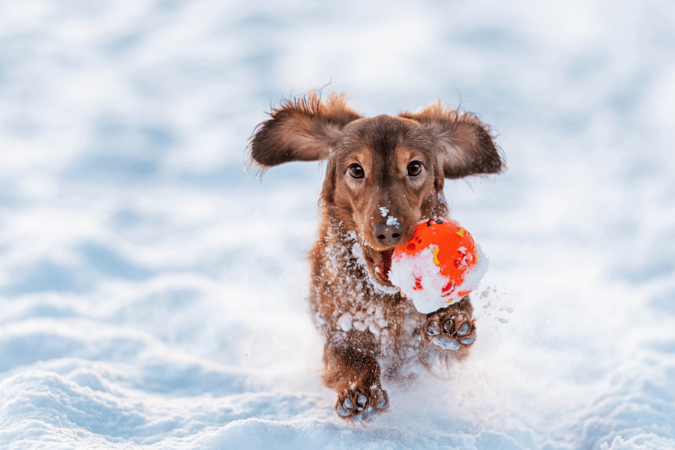As winter is in full swing, we have compiled a list of things to consider to look after your pet. After all, just like us humans, our pets also need a little extra attention during the colder season!

1. Bundle Up
In order to keep your pet warm, give them a little break from the groomers and let your dog’s fur grow long during this season. As for puppies, kittens or even short-coated breeds, make sure to purchase a good and warm winter coat to cover their bodies while going outside. Fleece-made dog-outerwear is always a great option to keep your furry friend warm. Always keep in mind that some small breeds (such as Chihuahuas) should not even be walked outside during extreme cold temperatures and refrain from taking long walks under these severe weather conditions.

2. Paw Protection
In the winter, your pet's ears and paws can become extremely vulnerable to frostbite, which requires immediate medical attention since it can be extremely dangerous to their health. Immediately after walking your dog outside, wash with warm water and fully dry their paws as encrusted snow can cause cracked, painful, and bleeding paws. For this reason, you should always trim the hairs on your dog's feet if they have long hair as they can easily form ice balls between their pads and toes. A great way to keep their paws protected is to purchase some dog boots or even to apply paw balm or Vaseline regularly.

3. Doggy Skincare
As surprising as it may sound to some of us, dogs also suffer from dry, flaky skin in the winter. Ensure your home has enough drinking water and a humidifier - your pet's skin will thank you. You should bathe your dog less often and dry him completely after each bath. Furthermore, blood circulation can be enhanced by brushing their coats as well as the overall health of their skin.

4. Winter Diet
In the winter, the amount of food that your dog consumes varies according to their energy levels and personality. In order to keep themselves warm, your pet will naturally burn more calories. Therefore, if your dog exercises outdoors frequently, consider increasing their food portions. Alternatively, if your dog spends most of winter snuggling up with you, maybe keep his food intake levels the same or even reduce it slightly to avoid weight gain.

5. Watch Where They Sniff!
Irritated paws are caused by the chemicals used to melt snow on sidewalks, which is why it is so important to thoroughly wash their paws after being outdoors. Do not forget to wash their bellies as well! Antifreeze is by far the deadliest winter chemical for our pets to guard against, as just a teaspoon of it can result in rapid kidney failure. In light of this, we reiterate the importance of watching out for your dog while outside, since roaming animals are most likely to ingest some of the poison. Radiator drainage spots in our garages are always filled with antifreeze leftovers. It's very important to flush these spots right away after using this chemical, and be aware of symptoms such as drooling, vomiting, and possible seizures if your dog has come in contact with antifreeze. Please take your pet to the nearest veterinarian as soon as possible if you suspect it has consumed this product.

No matter whether you and your pet are winter adventurers or couch potatoes, we hope these winter tips will help you and your pets stay warm and safe during the coldest months of the year!


